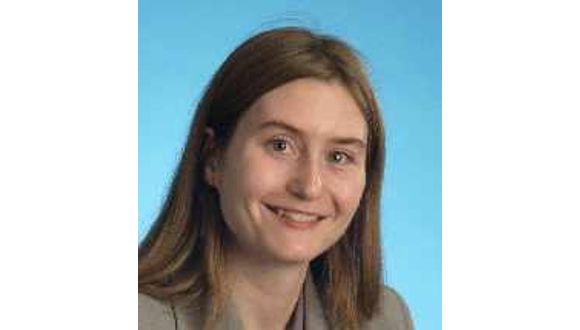Mon, 25 July, 2022

TWI principal project leader, Briony Holmes is due to present at EUROCORR 2022, which is taking place in Berlin from 28 August to 1 September.
Briony will present information from the GeoSmart Project during the ‘Corrosion in Green and Low Carbon Energy Technologies’ session at 9:50am on Tuesday 30 August.
The topic of her presentation will be ‘Materials Compatibility Study for Geothermal Plant’ and is based on work undertaken by Briony alongside Alexandre Sabard and fellow TWI employees Chi Lee and Shiladitya Paul.
The presentation will detail how testing was undertaken on a series of materials that are likely to be used in geothermal assets.
Geothermal fluids are an established means of producing energy, with plant efficiencies based on the fluid temperature as well as the reinjection temperature. If heat could be extracted from the geothermal fluids down to lower reinjection temperatures it would be possible to improve efficiencies. However, these lower temperatures could also lead to more scaling.
In order to gain these improved efficiencies, modifications to a high enthalpy power plant, with the inclusion of an additional heat exchanger and a retention tank that would allow for the removal of silica from the fluid before reinjection were envisaged.
A selection of commercially-available alloys that could be used in construction of such a plant were assessed in a simulated geothermal brine in order to assess the corrosive impact of the geothermal fluids upon them. Some two-part epoxy coatings were also tested, after being selected for their hydrophobicity or ‘anti-scaling’ properties.
Crevice corrosion, pitting corrosion and stress-corrosion cracking tests were performed in static fluid in the laboratory and long-term immersion testing was performed to simulate the likely failure modes and evaluate scaling. Short-term static electrochemical testing was also performed.
The materials tested included parent materials, welded materials and coated materials based on SA516 Grade 60 carbon steel, 304L (UNS S30403), 254SMO (UNS S31254), and 316L (UNS S31603) austenitic stainless steels, UNS S32760 duplex stainless steel and Ti Grade 1 and 2 (UNS R50250 and R50400). The test temperatures aligned with the intended minimum and maximum operating and design temperatures of the components.
Post-test evaluation of the materials included visual observations, light and scanning electron microscopy (SEM), energy dispersive X-ray (EDX) spectroscopy, metallographic sectioning, dye penetrant inspection (DPI) and optical profilometry, as applicable.
We ae pleased to be able to present the findings from this innovative and ground-breaking work.
The GeoSmart project has received funding from the European Union's Horizon 2020 research and innovation programme grant agreement 818576